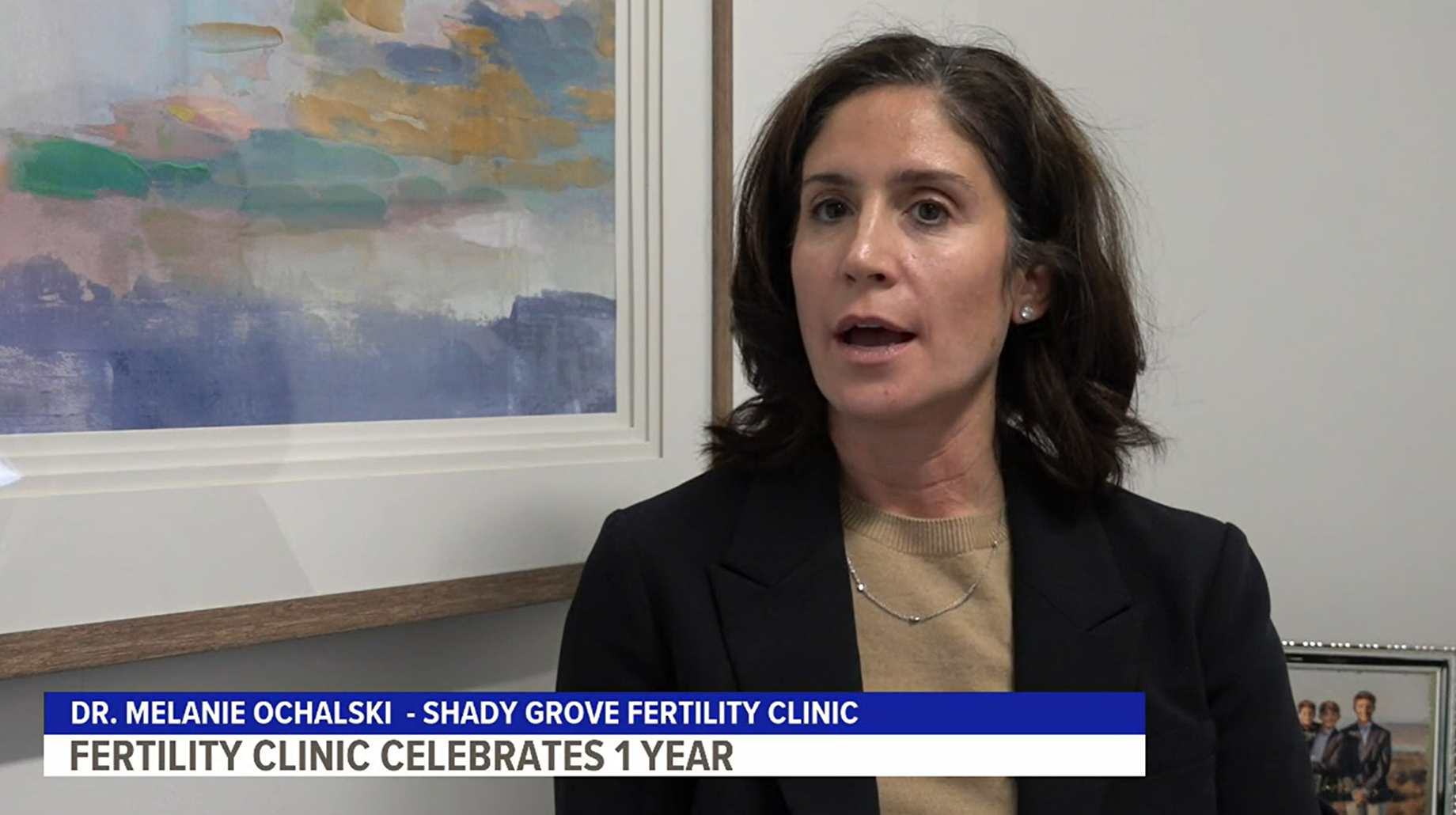Prenatal Vitamins Vs Preconception Supplements
For decades, physicians have recommended women of childbearing age take a daily prenatal vitamin with folic acid to lower the risk of birth defects of the brain and spinal cord, called neural tube defects. Once conception occurs, most women then continue with the same prenatal vitamin through the duration of their pregnancy. While this approach to prenatal vitamins is not new, recent studies have shown that a woman’s nutrient needs prior to conception are different than during pregnancy. Further research has shown the impact of particular vitamin levels on the chances of success with fertility treatment. Certain supplementation may increase the chances of success.
Not All Vitamins Are Created Equal: Preconception Vs. Prenatal Vitamins
Effectively preparing a woman’s body for treatment may optimize her chances of conception. Physicians at Shady Grove Fertility recommend that women start taking a preconception supplement while trying to conceive and then transition to a traditional prenatal vitamin around 10 weeks of gestation.
Vitamin D
Having a normal vitamin D blood level is critically important for conception. Studies have shown that women with normal vitamin D levels are up to four times more likely to achieve a pregnancy while undergoing in vitro fertilization (IVF) compared with women who are vitamin D deficient.1-4Most women undergoing fertility treatment should be taking at least 2,000 IUs of vitamin D3daily.5
Iron
Iron requirements increase substantially during the second and third trimesters of pregnancy, but while you are trying to conceive, taking extra iron may actually hurt your chances of conception since it can lead to higher levels of oxidative stress in the ovary. Most prenatal vitamins have more iron than is needed prior to conception. In addition, the high level of iron in many prenatal vitamins can cause stomach upset and constipation.
DHA
Many prenatal vitamins contain DHA, an omega-3 fatty acid. DHA supplementation provides several benefits once you are pregnant but is not needed during fertility treatment and may be an unnecessary added cost prior to conception.
Coenzyme Q10
Coenzyme Q10 (CoQ10)plays a key role in cellular energy production. Our bodies make CoQ10 in virtually every cell, but CoQ10 production declines with age. Emerging research suggests that supplementing with CoQ10 may enhance energy production in the ovary. 6-7
DHEA
A DHEA supplement may be recommended for women who produce too few eggs during IVF treatment, or who have concerns about egg quality. DHEA is a hormone produced in the adrenal glands and when used under a physician’s guidance, is safe and potentially effective. A small number of research studies have shown improved pregnancy rates in women using DHEA during treatment. 8
Inositols
Inositols are sugar molecules that are already part of our diet. Research has shown that supplementation with two types of inositols—d-chiro inositol (DCI) and myo-inositol (MI)—can help restore regular periods and ovulation and normalize hormone levels in women with polycystic ovary syndrome (PCOS). 9-11 While inositols are not part of the standard preconception supplementation they can be taken in conjunction with a preconception vitamin to help support the hormone balance in women with PCOS.
Recommended Preconception Supplements & Prenatal Vitamins

When discussing vitamins and nutritional supplements the first question many have is which brand is best? Are they all the same? The nutritional supplement industry is not as highly regulated and supervised as prescription medications. This can lead to significant quality variation from product to product.
The physicians at Shady Grove Fertility acknowledge the needs of their patients to access high quality vitamins at a reasonable cost. Therefore, we have partnered with Theralogix, a nutritional science company led by urologist Mark Ratner, M.D., in close collaboration with a Medical Advisory Board comprised of nationally reputed physicians and scientists. Theralogix nutritional supplements are based on the most current published scientific evidence, and all formulations are overseen by this Medical Advisory Board. This approach—in conjunction with third-party lab verification of each product—offers Shady Grove Fertility patients an affordable option that they can trust. Click here to learn more about Theralogix.
For women actively trying to conceive, we recommend TheraNatal Core or TheraNatal OvaVite. These specially designed preconception vitamin and mineral supplements support the nutritional needs of a woman who is trying to get pregnant. For those women who are currently pregnant, TheraNatal One or TheraNatal Complete offer comprehensive prenatal vitamin and mineral supplement to support both mother and baby. Visit Theralogix to learn more about their vitamins and nutritional supplements.
References:
- Ozkan et al. Fertil Steril. 2010; 94:1314–19.
- Polyzos et al. Hum Reprod. 2014; 29(9):2032-40.
- Paffoni et al. J Clin Endocrinol Metab. 2014; 91:E1-5.
- Rudick et al. Hum Reprod. 2012; 27(11):3321-7.
- Wagner et al. Am J Obstet Gynecol. 2013; 208(2):137.e1-13.
- Bentov et al. Fertil Steril. 2010; 93(1):272-5.
- Bentov and Casper. Fertil Steril.2013; 99(1):18-22.
- Gleicher and Barad. Reprod Biol Endocrinol. 2011; 9:67.
- Artini et al. Gynecol Endocrinol. 2013; 29(4):275-9.
- Genazzani et al. Gynecol Endocrinol. 2008; 24(3):139-44.
- Constantino et al. Eur Rev Med Phamacol Sci. 2009; 13:105-10





